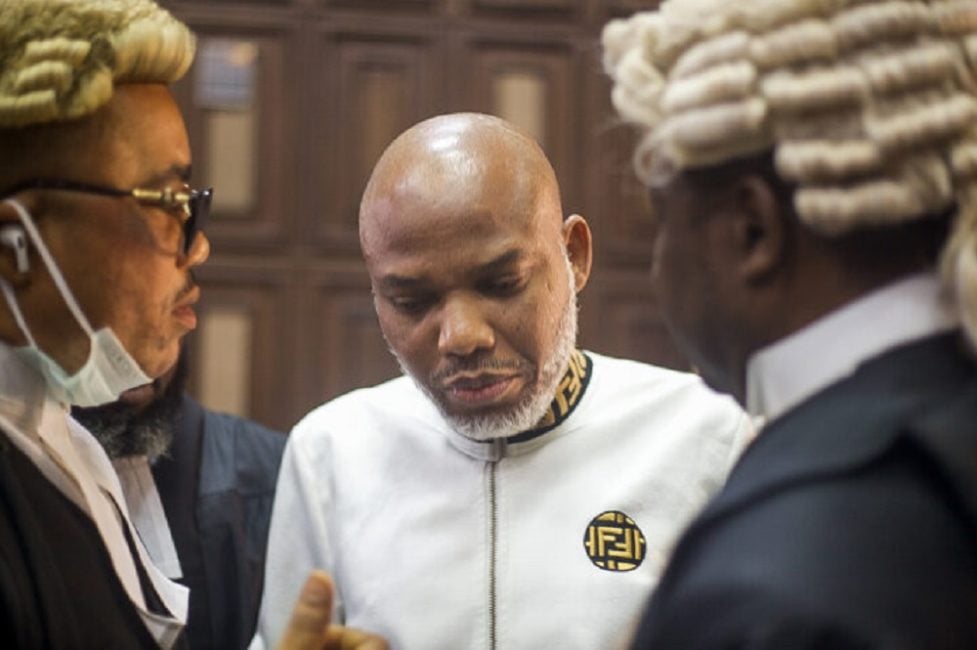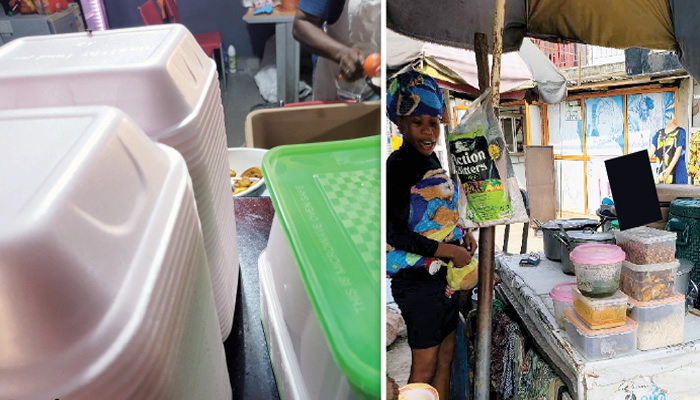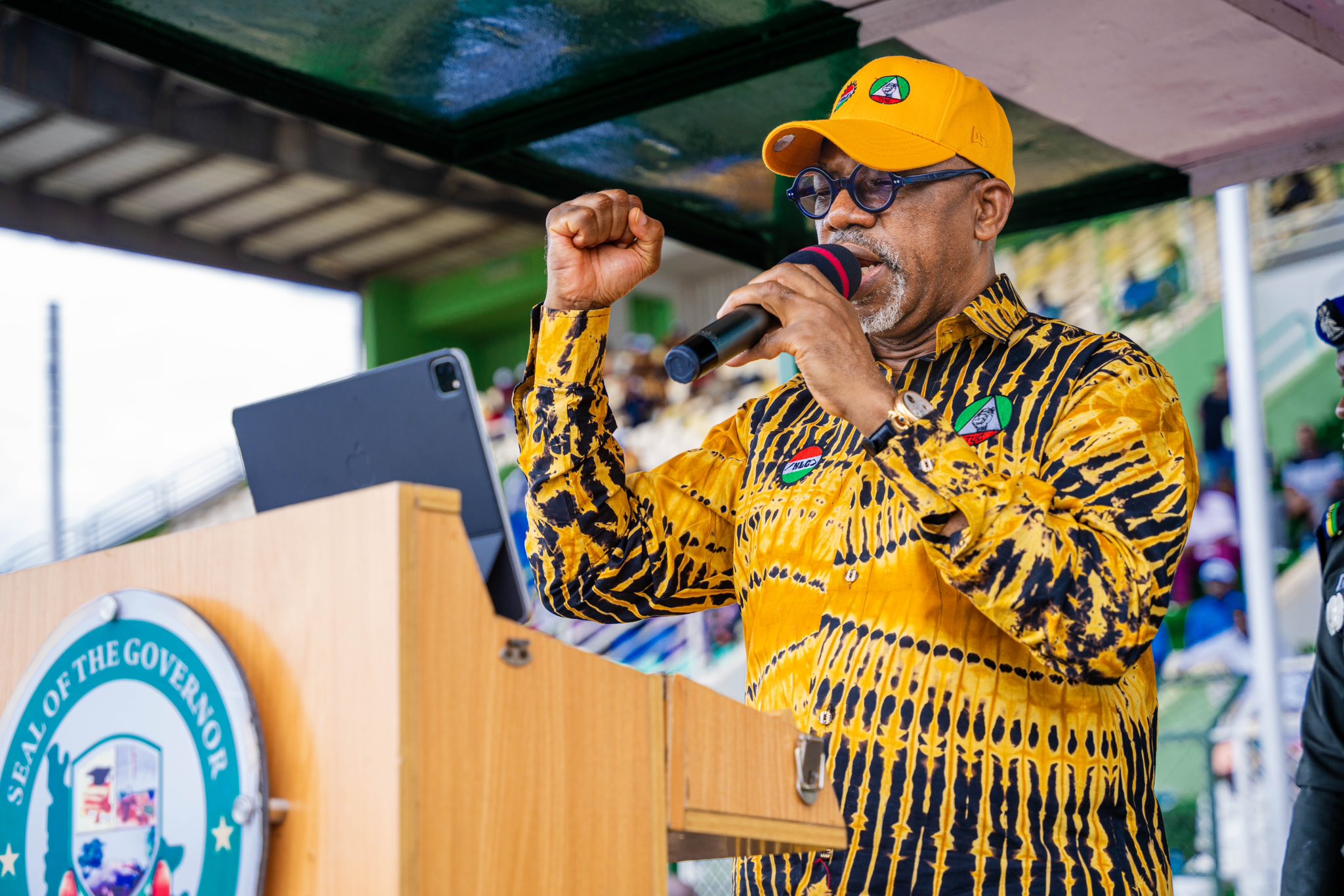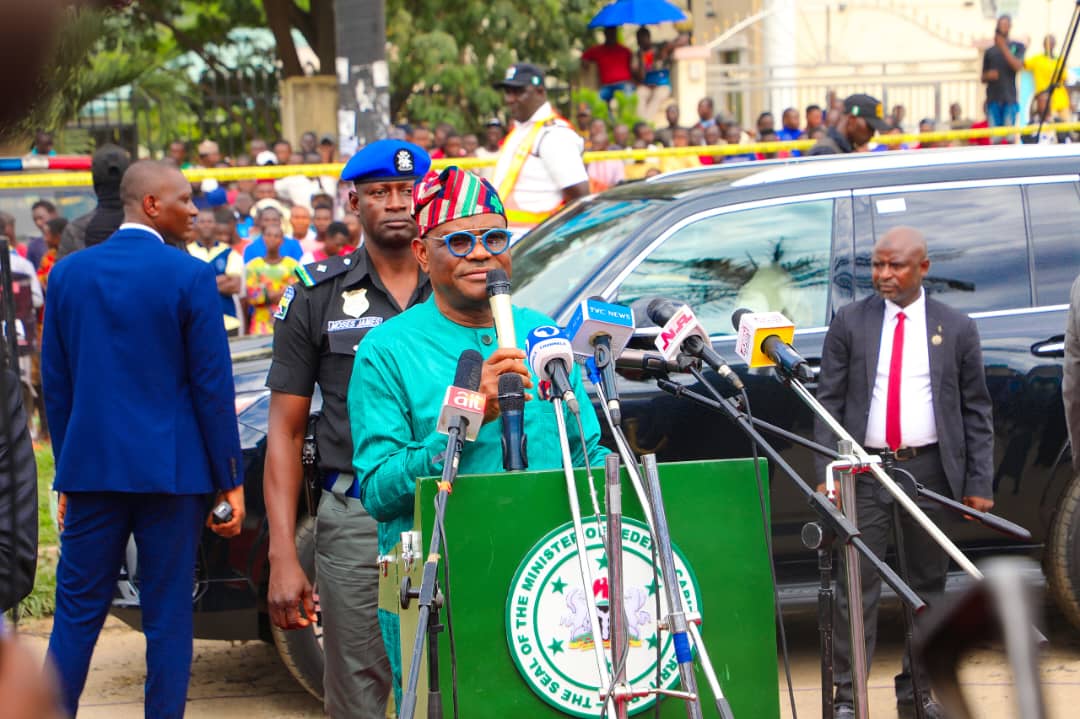By Evans Ufeli Esq
The ongoing detention of Nnamdi Kanu, the leader of the Indigenous People of Biafra (IPOB), is a situation that raises profound questions about justice, human rights, and the rule of law in Nigeria.
Despite multiple court orders mandating his release, Kanu remains incarcerated, a development that many view as both unfortunate and indicative of deeper systemic issues within Nigeria’s judicial and political frameworks.
Kanu’s case has triggered widespread concern not only among his supporters but also among human rights advocates and legal experts. The repeated failure of the government to comply with court rulings is alarming and suggests a worrying disregard for judicial authority.
In a democracy, the rule of law should prevail, and no individual or institution should operate above the law. However, Kanu's continued detention reflects a troubling pattern where political considerations appear to outweigh legal obligations.
For many in Nigeria, Kanu symbolizes the struggle for self-determination and the right to advocate for one's beliefs. His detention has sparked protests and calls for justice, highlighting the broader issues of governance, ethnic tensions, and national unity within the country.
The ramifications of his ongoing detention extend beyond his individual case; they contribute to a growing disillusionment with the capacity of Nigeria’s institutions to uphold fundamental rights and deliver justice impartially.
The Nigerian government must recognize that the enforcement of court orders is not merely a matter of legality, but a crucial component of maintaining public trust and social cohesion.
Ignoring judicial decisions not only undermines the legal system but also exacerbates tensions and fuels discontent among various segments of the population.
As citizens and activists advocate for Kanu’s release, it is essential to continue to promote dialogue and understanding.
The path forward lies in fostering a climate where grievances—whether regarding ethnic representation, economic disparities, or political marginalization—can be addressed through peaceful means rather than through repression.
Ultimately, the case of Nnamdi Kanu serves as a litmus test for Nigeria's commitment to democracy, human rights, and the rule of law.
The world is watching, and the hope is that justice will prevail, not just for Kanu, but for all who seek to have their voices heard in a nation that is still grappling with the complexities of its identity.
It is high time that all stakeholders prioritize reconciliation and unity over division and discord.
I shall go to Rabbi again.




